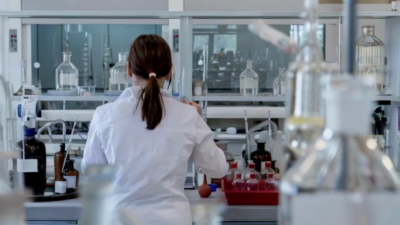Over the last decade, the discoveries and ensuing results from revolutionary cell and gene therapy research have led to the rapid growth of biotech companies taking these immunotherapy treatments into early-stage development and clinical trials. Significant capital has been raised to support these start-ups that have spun out of the institutional research environment and into the clinical development process. In the life cycle of these companies, they are inevitably faced with a critical operational decision that will significantly shape their future and may determine the success or failure of the enterprise. The decision: whether to manufacture in-house or outsource to a third-party contract development and manufacturing organization (CDMO).
This decision point comes at different times for different companies but typically will occur either in advance of one of the clinical trial phases or upon FDA approval during the transition from trials to commercial-scale manufacturing. There is no universal “right decision” as each company’s decision will be viewed in the context of its product/therapy type, requirement for control of intellectual property, available capital, ability to raise additional capital, competing requirements for capital, timetable for delivery, in-house capabilities and business strategy.
This paper addresses five considerations that should be carefully explored when these pre-clinical and clinical drug development companies make their manufacturing decision.
For more insights and to download the full report, click here.
About the Author:
Joseph Fetterman is executive vice president and leads the Colliers’ Office Brokerage Division in Philadelphia. He provides strategic solutions to local, national and global Corporate, Health Care and Life Science clients and integrates complex factors to create successful results for clients.

 Joseph Fetterman
Joseph Fetterman
 Aaron Jodka
Aaron Jodka Steig Seaward
Steig Seaward